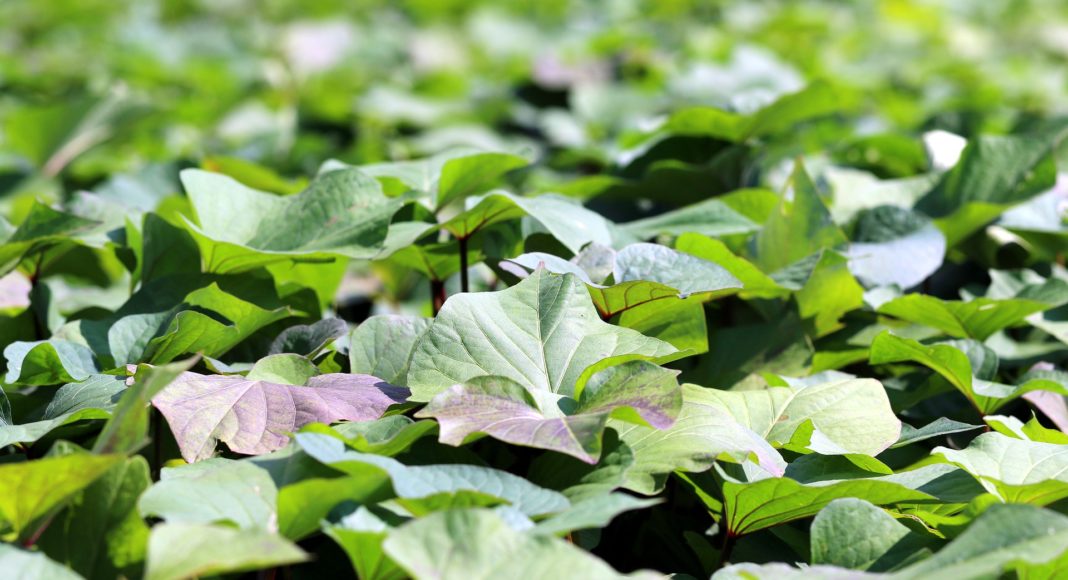A recent study from researchers at Clemson University and the United States Department of Agriculture (USDA) found new formulas for “safeners” which protect sweet potatoes from herbicide injury, a Nov. 17 news release says.
The release notes sweet potatoes, which are a broadleaf plant, can be damaged by herbicides meant to control broadleaf weeds. Safeners are chemicals used to make herbicides safer.
Giovanni Caputo and his team from Clemson University and the USDA studied a range of safeners. They set up experiments in a greenhouse in South Carolina and tested the herbicides bentazon and mesotrione on two varieties of sweet potatoes, Beauregard and Covington, the release says.
The safeners they used included two types of plant hormones. The team also tested melatonin which is well-known for its role in the sleep cycle in humans, but it also occurs naturally in plants and is involved in growth and photosynthesis.
The release notes researchers found different safeners worked better depending on the variety of sweet potato and the herbicide being used. For example, melatonin greatly reduced how much bentazon injured Beauregard plants. Covington plants were best protected by ascorbic acid, better known as vitamin C. Melatonin and ascorbic acid provided the best benefit with the mesotrione herbicide, the release says.
To make sure the safeners didn’t affect the herbicide’s ability to kill weeds, the Clemson team tested the new formulas on Palmer amaranth and yellow nutsedge. The release notes the new formulas were still effective weed killers.
The findings were published in Agrosystems, Geosciences and Environment Journal, a publication of the American Society of Agronomy and the Crop Science Society of America. Funding for this research was provided by Agricultural Society of South Carolina.
Related Articles
Post-Harvest Treatment Found to Reduce Necrosis in Covington Sweet Potatoes











